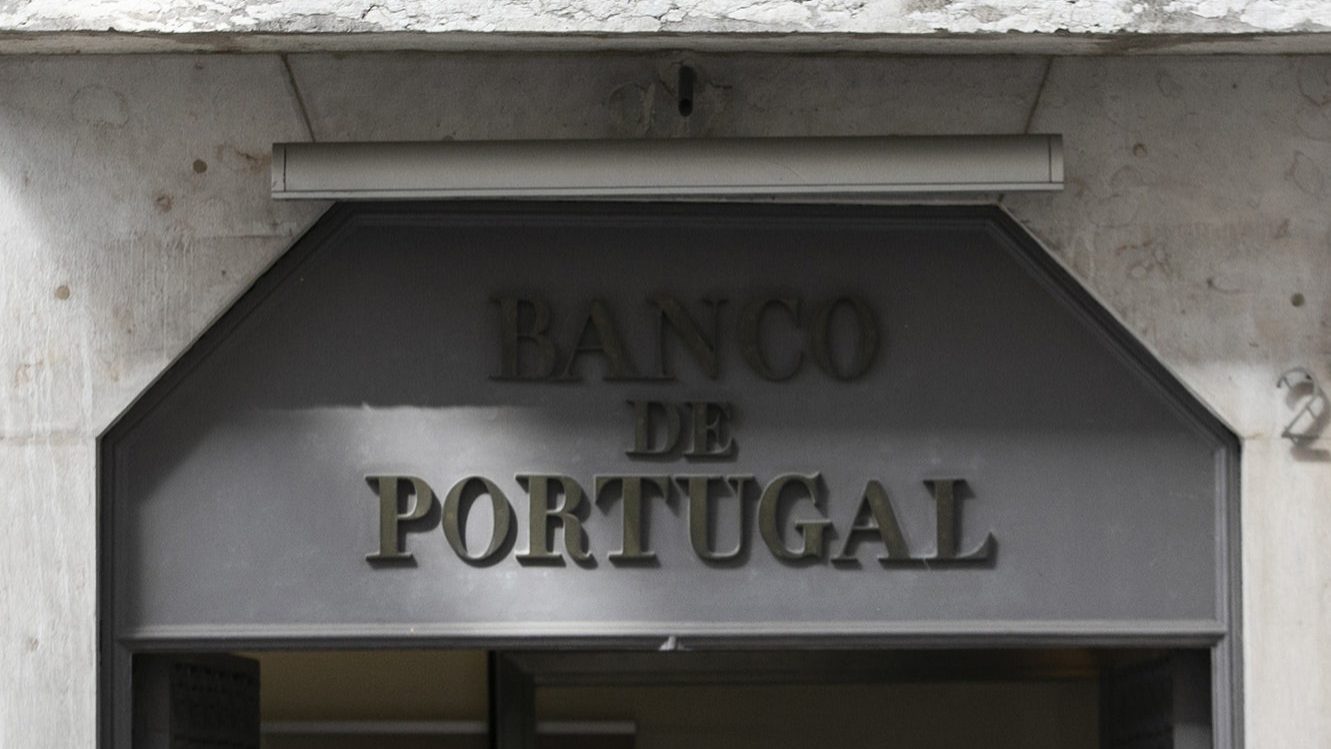IMF launches in-depth assessment of Portugal’s financial system. Last review was 20 years ago
Two decades later, the IMF is once again evaluating the Portuguese financial system. The process kicked off this week with the first meetings and should be completed by June 2026.
This week, the International Monetary Fund (IMF) began the Financial Sector Assessment Program (FSAP), an exhaustive analysis of the Portuguese banking and non-banking system that includes the identification of vulnerabilities, stress tests in crisis situations and a complete examination of supervision. The final report will not be finalised until 2026 and will include recommendations. Portugal is now part of the group of systemically important countries and will be evaluated every five years.
The Bank of Portugal is at the top of the list of organisations being assessed, as well as the CMVM (the Portuguese Securities Market Commission), the ASF (Insurance and Pension Funds Supervisory Authority) and the Ministry of Finance. The Commission for the Coordination of Policies to Prevent and Combat Money Laundering and Terrorist Financing, the APB (Portuguese Banking Association) and the financial institutions will also be scrutinised.
The first meetings with the IMF mission took place on Wednesday and will continue until next Monday, according to sources linked to the process, with the aim of defining the scope of the evaluation exercise, depending on the specificities of the Portuguese system.
The FSAP in Portugal should focus on some of the issues being analysed in the IMF’s assessment of the Eurozone, such as monitoring systemic risk in banking and non-banking institutions, interconnectivity, contagion and risks related to geopolitical issues, cybersecurity, monetary policy transmission, financing costs, credit growth or liquidity.
In the case of Portugal, the IMF will pay special attention to the bank’s exposure to real estate, which accounts for 25 per cent of the sector’s asset value, and whose prices are considered overheated. In the Financial Stability Report released last week, the Bank of Portugal pointed out the “relevant exposure” to real estate, but considered that “the materialisation of an adverse situation should have a limited impact on the market”.
The FSAP is organised into three pillars: risk and vulnerability assessment, financial stability policies and micro and macro-prudential supervision, and financial safety nets, which analyse the system’s capacity to guarantee stability in a crisis situation. Stress tests based on IMF models will be carried out to gauge the impact of extreme shocks and the interaction between supervisory bodies in crisis situations.
The only evaluation of Portugal was carried out in 2005 and 2006
Once the scope of the evaluation has been defined, the IMF will send extensive questionnaires to the various organisations, which have been gathering information since last year. The answers will have to be sent over the next few months, and the mission is scheduled to visit Portugal again in November to discuss the intermediate work already done. A third visit is planned for February 2026, with the process closing in June.
An extensive Aide Memoire report will be produced, which will be confidential and only shared with official entities, and it will include recommendations for improving the system based on the analysis. The final documents must be approved by the IMF’s executive board, chaired by Kristalina Georgieva.
There will also be a series of technical notes, which may or may not be made public depending on the sensitivity of the information included. The Financial System Stability Assessment, a kind of summary, will also be drawn up and, as a rule, made public.
Portugal is now among the countries that the IMF assesses as potentially posing a systemic risk, and will have its financial system evaluated every five years. This group includes Western European countries, the USA, Canada, Russia and China.
The FSAP was set up in 1999, following the Asian financial crisis of 1997 and 1998, with the aim of assessing the stability and robustness of the financial system and its contribution to economic development.
The only assessment of Portugal to date took place between 2005 and 2006. At the time, the country passed the exam with distinction. The IMF judged the financial system to be “robust, well-managed and competitive”. The stress tests led to the conclusion that “short-term vulnerabilities were contained”, although it was pointed out that the banks were too exposed to the risk of their pension funds’ shareholdings (which years later led to losses, for example, at BCP).
In the medium term, the IMF warned of an increase in corporate and household debt (especially property), which could “become a major risk, especially if economic conditions remain weak”. A fear that would eventually materialise with the sovereign debt crisis and the troika bailout in March 2011, which included… the IMF.



